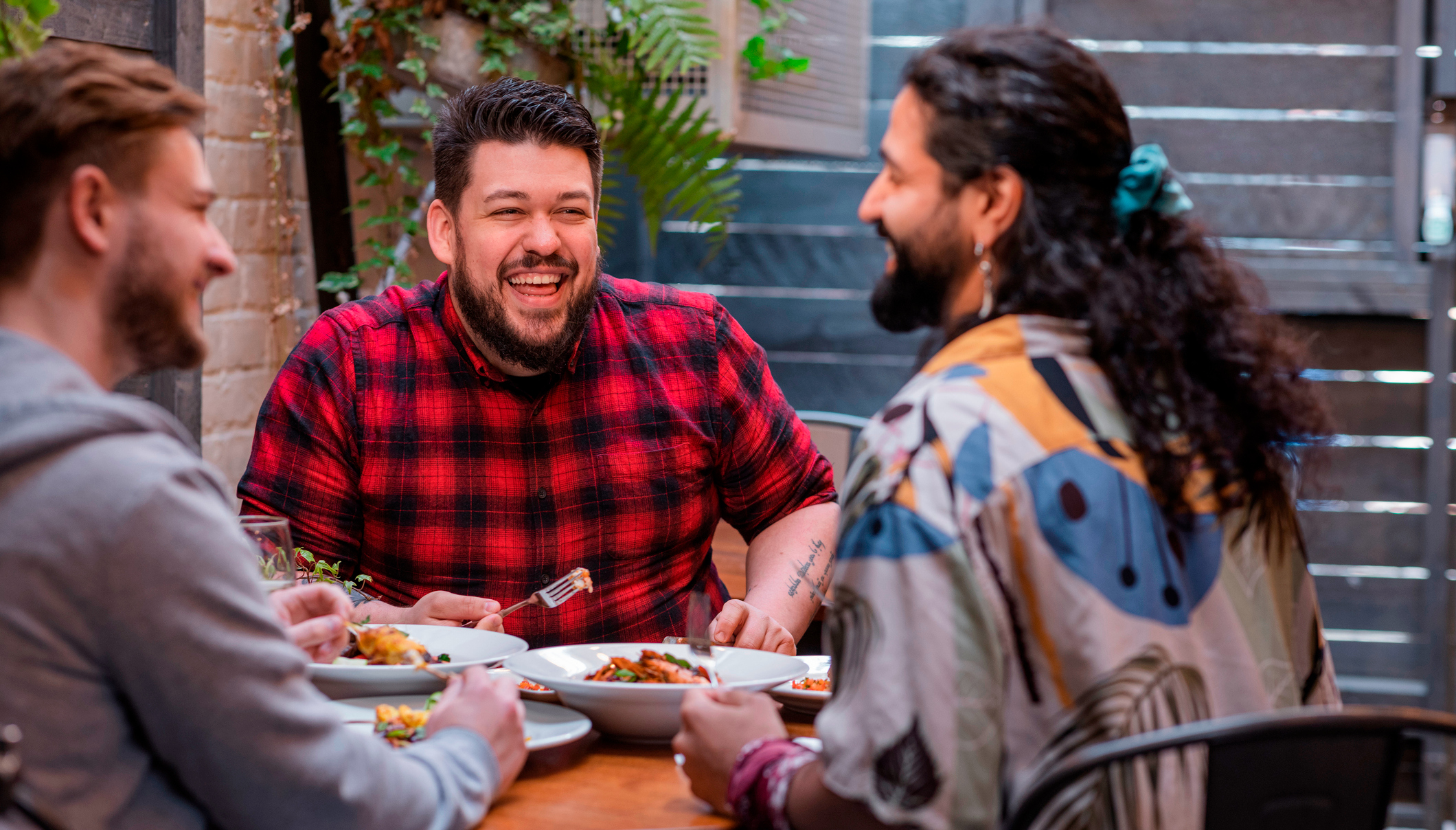“Nothing Is Off The Table”: Why This Dietitian Recommends The 80/20 Rule Of Thumb, And Why It’s NOT A Rule
Instead of trying to follow restrictive diets that are hard to maintain, try this more flexible approach to eating healthily

Sign up for workout ideas, training advice, reviews of the latest gear and more.
You are now subscribed
Your newsletter sign-up was successful
Most diets work, at least in the short term. Whatever rules you have to follow with a diet, at its core is probably an approach that puts you in a calorie deficit if you’re aiming to lose weight, and encourages you to eat more healthy things and fewer unhealthy things.
But the restrictions diets place upon you can become increasingly hard to stick to. They can also be confusing, and sometimes more influenced by social media trends than scientific evidence.
Instead of opting for a complex all-or-nothing diet plan that you find hard to maintain, dietitian Joyce Patterson, author of new book Think Like A Dietitian: A Nutrition Counseling Starter Kit, suggests that the 80/20 rule is a better approach.
What is the 80/20 rule?
The 80/20 rule is a concept, rather than a hard rule, that encourages you to follow dietary recommendations 80% of the time and to be more relaxed for the remaining 20%. This can help you navigate social events or busy periods when convenience takes priority, or simply an indulgent meal without throwing in the towel completely.
This more flexible approach is useful for highlighting the message that it’s your overall diet that’s important, whereas all-or-nothing diets are often ditched completely the first time you stray from their instructions.
“The 80/20 approach in nutrition is not a hard-and-fast rule,” says Patterson. “It's a mindset. A rule of thumb. It recognizes that our health is impacted by what we consume most of the time, and the occasional indulgence will not cause long-term harm.
“This approach promotes a healthier relationship with food. Instead of looking at foods as good or bad, or trying to avoid certain foods completely, this approach encourages us to consider which foods we should choose more often, and which we should consume more mindfully. But nothing is off the table—a sharp departure from many popular diets.
“All too often, overly restrictive eating leads to feelings of deprivation and resentment, ultimately making those approaches unsustainable.”
Sign up for workout ideas, training advice, reviews of the latest gear and more.
Given that you can indulge 20% of the time, I was interested to know how wild you can go, so asked Patterson. Unsurprisingly, there is still some moderation to consider here.
“With the help of a dietitian, people not only learn balanced meal planning, but they learn how food is metabolized and ultimately, how it affects our health,” says Patterson.
“With this information, people can better understand what the body can handle. The 20% part of the approach is not a free pass to binge eat. It's a free pass to enjoy a variety of flavors, but we can indulge in flavors without overindulging in volume, which is a different way to think about it.”

Nick Harris-Fry is a journalist who has been covering health and fitness since 2015. Nick is an avid runner, covering 70-110km a week, which gives him ample opportunity to test a wide range of running shoes and running gear. He is also the chief tester for fitness trackers and running watches, treadmills and exercise bikes, and workout headphones.
